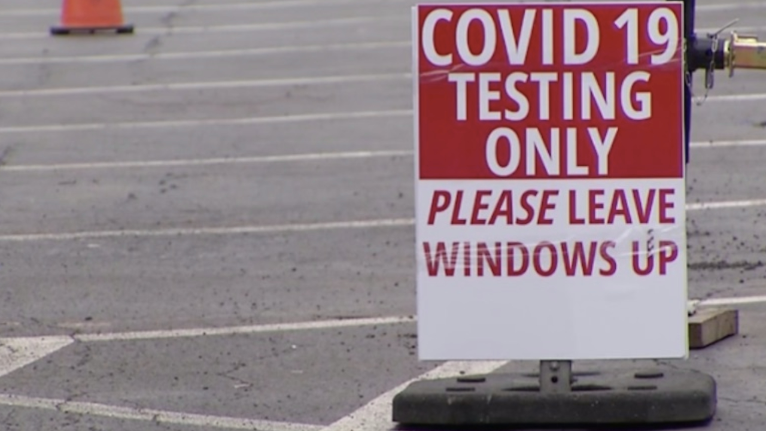The Medicaid Redesign Team II voted Thursday to approve a package that includes $400 million in cuts to hospitals amid the novel coronavirus pandemic. The entire package of Medicaid changes was approved in a single vote.
T.K. Small, a disability-rights attorney and the only consumer advocate on the MRT, abstained from the vote as did Secretary to the Senate Finance Committee Todd Scheurermann and Assembly Ways & Means Secretary Blake Washington.
According to Budget Director Robert Mujica, who participated in a conference call on the issue earlier Thursday, the COVID-19 pandemic makes the work of the MRTII even more important.
“We aren’t doing this in a vacuum,” said Mujica. “The task was to right-size the program. We are now in a different time. It makes the work of the MRT even more important.”
That didn’t prevent a barrage of criticism from the healthcare industry.
“Given the significant impact the [novel] coronavirus disease is having on all New Yorkers, this is the worst possible time to be adding to the cost of coverage and we are concerned several of the provisions in [Thursday's] recommendations will increase health care costs for employers, consumers, and union benefit funds without improving the quality of care,” said Eric Linzer, the president of the Health Plan Association.
“You don’t cut spending from the fire department when the whole town is burning and we should not cut Medicaid as our healthcare system is on the verge of collapse,” said Bryan O’Malley, the executive director of Consumer Directed Personal Assistance Association of NYS.
The reforms, which are detailed in the summary below, now need to be approved by the Legislature. Some of the big-ticket items include how the indigent care pool is calculated and distributed, enrollment caps in managed long-term care plans, and pharmacy benefit transparency.
Ironically, there is a provision in the latest federal stimulus package that will prevent these changes from being implemented. It makes billions of dollars in federal aid contingent on states not shifting Medicaid costs onto localities.
There is a total of $1.6 billion in projected savings through proposals voted on Thursday by the MRTII.



